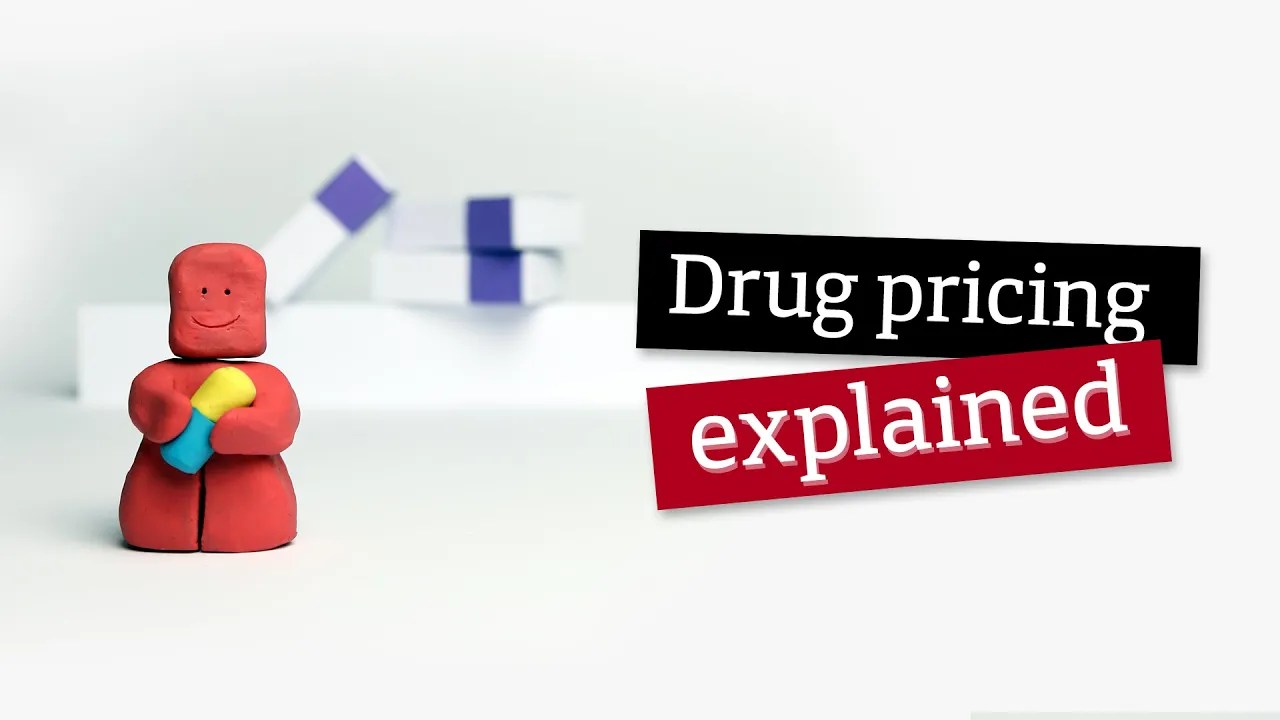
Switzerland, the benchmark country for US drug prices

The US government is pressing ahead with plans to bring drug prices more into line with those in other countries, including Switzerland. Interpharma is concerned that this will put pressure on the Swiss pricing system.
+Get the most important news from Switzerland in your inbox
The US administration has launched a five-year pilot project aimed at lowering prices for the public Medicaid programme. In future, prices charged in the United States are to be calculated on the basis of average prices in eight comparator countries, including Switzerland.
Pharmaceutical companies must disclose their net international prices, including all discounts and rebates. The US authorities use this data to lower US prices to the level of the countries with the lowest prices, Interpharma said in a press release on Tuesday.
+ The high stakes fight over drug prices
For the association of pharmaceutical companies, this means considerable pressure on pricing. If Switzerland serves as a benchmark for the United States, medicines in Switzerland will only be available at prices comparable to those in the United States.
This is because manufacturers will not be able to offer medicines at comparatively low reference prices in very small countries, thereby driving down prices in the world’s largest market. In addition, international reference pricing threatens the availability of innovative treatments in Switzerland.
Switzerland thus finds itself at the heart of a global discussion on prices. For Interpharma, politicians must now take action and modernise the pricing system as a whole.
On the one hand, it is calling for the inclusion of a price comparison with other countries based on purchasing power parity. Secondly, it wants to introduce a provisional price set by the manufacturer from the day marketing authorisation is granted.

More
How drug prices are negotiated in Switzerland and beyond
Translated from French by DeepL/ts
We select the most relevant news for an international audience and use automatic translation tools to translate them into English. A journalist then reviews the translation for clarity and accuracy before publication.
Providing you with automatically translated news gives us the time to write more in-depth articles. The news stories we select have been written and carefully fact-checked by an external editorial team from news agencies such as Bloomberg or Keystone.
If you have any questions about how we work, write to us at english@swissinfo.ch

In compliance with the JTI standards
More: SWI swissinfo.ch certified by the Journalism Trust Initiative































You can find an overview of ongoing debates with our journalists here . Please join us!
If you want to start a conversation about a topic raised in this article or want to report factual errors, email us at english@swissinfo.ch.